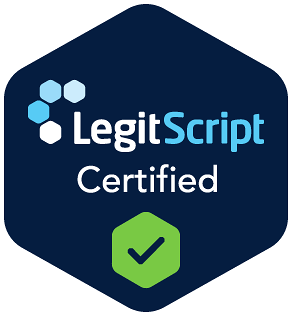Prescription drugs are among the most misused drugs in the United States. They are easily accessible and available, and a person could unintentionally become addicted. Our prescription drug rehab in Georgia helps clients overcome addiction and its underlying causes.
No one intends to become addicted to their medications. However, the unintended effects of prescription drugs can be potent and difficult to manage. We offer programs to support all those who struggle with addiction at North Atlanta Behavioral Health.
If you or a loved one are struggling with prescription drug addiction, give us a call now at (770) 230-5699 or verify your insurance now.
What Are the Most Commonly Misused Prescription Drugs?
According to the National Institute of Drug Abuse (NIDA), there are three categories of commonly misused prescription drugs: opioids, depressants, and stimulants.
Opioids
Doctors prescribe opioids primarily as a pain reliever. They are most commonly prescribed following an injury or surgery. In addition, some opioids treat chronic pain resulting from medical conditions like cancer. Less commonly, opioids treat diarrhea and coughing.
Examples of prescription opioids include:
- Hydrocodone
- Morphine
- Oxycodone
- Codeine
- Fentanyl
- Percocet
Depressants
Depressants treat anxiety, panic attacks, sleep disorders, and seizures. They also treat muscle spasms and relieve muscle tension. Prescription depressants can be short- or long-acting. For example, short-acting depressants treat panic attacks or sleep disorders, whereas long-acting depressants treat chronic disorders, like generalized anxiety disorder (GAD).
Short-acting depressants tend to be more potent and more addictive than long-acting depressants. However, both types have the potential for misuse and addiction due to their sedative effects.
Examples of prescription depressants include the following:
- Benzodiazepines, which include:
- Valium
- Xanax
- Halcion
- Ativan
- Klonopin
- Sleep pills, such as:
- Lunesta
- Ambien
- Barbituates
Stimulants
Prescription stimulants treat attention-deficit/hyperactivity disorder (ADHD) and narcolepsy. They can also treat obesity, however, this is usually only in extreme circumstances. Stimulants increase brain activity helping people focus and stay alert. However, some people misuse stimulants for their euphoric effects.
Prescription stimulant drugs include the following:
- Adderall
- Ritalin
- Concerta
- Dexedrine
Signs of Prescription Drug Addiction
Signs of prescription drug addiction include many of the same signs of any type of addiction. Overall, when a person’s life revolves around prescription drug use—including getting drugs, using, and recovering from the aftereffects—they have an addiction.
Furthermore, when a person cannot stop using prescription drugs despite negative consequences, they need professional prescription drug rehab to help them quit.
The following are signs of prescription drug addiction:
- Mood swings and irritability
- Fatigue and lack of motivation
- Insomnia
- Appearing hyper or manic (stimulants)
- Poor personal hygiene
- Sudden weight loss or gain
- Problems at work or school
- Conflicts with family, friends, and co-workers
- Engaging in reckless behaviors under the influence
- Taking more or higher doses of the drug for the same effects (developing a tolerance)
- Mixing prescription drugs with alcohol or illegal drugs to enhance the effects
- Feigning symptoms to get higher doses of the drug
- Buying other people’s medications
- “Doctor shopping” or visiting multiple doctors to get more prescriptions
When a person is addicted to prescription medications, their loved ones might notice that they seem different or “off.” While other factors could influence a personality change, if someone is taking a prescription drug and seems to change for the worse, they could be addicted.
Addiction is a treatable condition that impacts the lives of many Americans. Our prescription drug rehab in Georgia offers hope for those who misuse or abuse prescription medications.
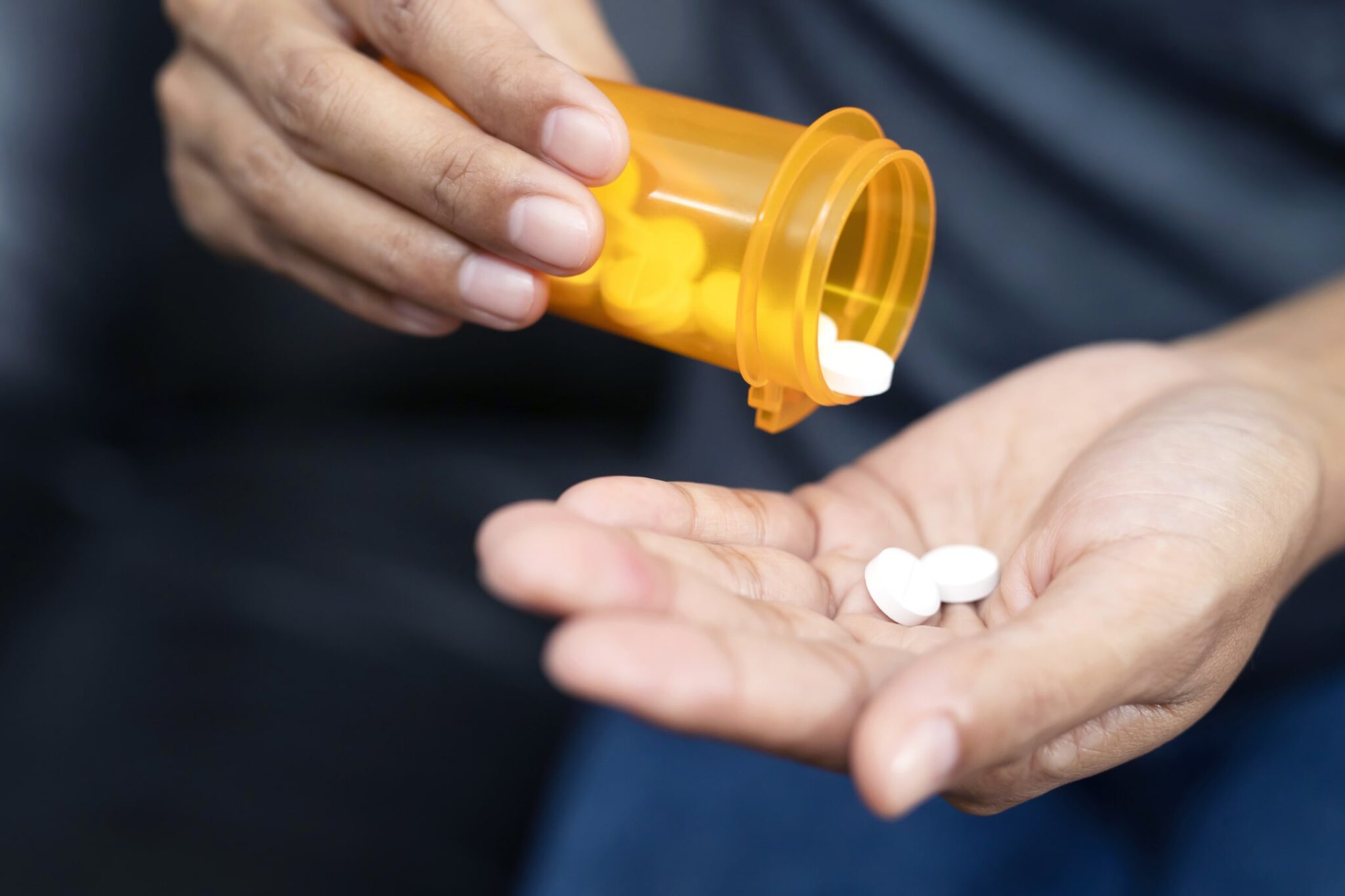
How Is Prescription Drug Addiction Treated?
Treatment options for prescription drug addiction can vary depending on the type of drug and the level of a person’s addiction. Prescription drug addiction treatment can also vary due to the underlying causes of a person’s addiction. Most people with an addiction have a co-occurring mental health disorder.
In addition, many people will have a recurrence of symptoms that their medication treated. For instance, a person taking Xanax for anxiety will need new ways to cope with anxiety, such as red light therapy. Or, a person taking oxycodone for chronic pain needs non-addictive medications or alternative therapies. Thus, rehab centers need to consider the reasons a client took prescriptions when creating a treatment plan.
Prescription drug addiction treatment programs typically include the following:
- Detox: The first step in recovery from any drug addiction is detox. During prescription drug detox, a person will stop taking their medications. This will lead to withdrawal symptoms, which can range from mild discomfort to life-threatening.
- Medication-assisted treatment (MAT): MAT programs combine behavioral therapy with medications specifically prescribed for treating substance use disorders (SUD). At this time, the US Food and Drug Administration (FDA) has only approved MAT medications for alcohol and opioid use disorders. Therefore, people addicted to prescription opioids could be eligible for MAT.
- Residential or inpatient rehab: After detox, many clients attend a residential or inpatient treatment program. Most residential treatment programs last 30 to 90 days. Clients live within the same facility where they receive treatment.
- Outpatient rehab: Clients can enter an outpatient treatment program following inpatient rehab. Outpatient rehab programs vary in levels of care, ranging from several hours per day 5-6 days a week to weekly therapy sessions. Most clients advance from higher levels of care to lower ones as they gain the skills needed for long-term recovery.
North Atlanta Behavioral Health offers several types of outpatient rehab programs in Georgia. Clients may reside at home, with family, or at a sober living facility throughout their program.

Outpatient Prescription Drug Rehab Programs in Georgia
Our outpatient prescription drug rehab programs include the following:
- Outpatient detox: While some clients need inpatient detox due to a high risk of relapse or severe addiction, others could be eligible for our outpatient detox programs. Clients can detox in the comfort of their own homes. However, they must come to the treatment center at least once per day throughout detox.
- Partial hospitalization program (PHP): Most clients will be clinically fit to attend a PHP program following residential treatment. At a PHP program, clients get treatment for seven hours per day, six days a week. They will attend group therapy, individual counseling, experiential therapy, and psychoeducational classes during PHP.
- Intensive outpatient program (IOP): Our IOP program meets Monday through Friday for three hours per day. This schedule gives clients the flexibility they need to focus on other responsibilities, like work, school, or family while getting treatment. In addition, we offer an evening IOP program for more flexibility.
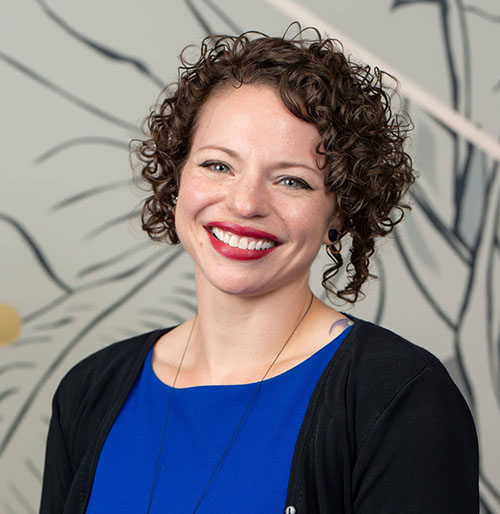
By NABH Staff
Medically Reviewed by
Erika Dalton, LMSW.
Last Updated on March 18, 2024
Get Help Now
Begin Depression Treatment in Atlanta Today
Mental health disorders cannot be treated by treating the symptoms alone. We use holistic and evidence-based methods to treat the entire individual.
Facility Image Gallery
Start Prescription Drug Rehab in Georgia Today
Prescription drugs offer many benefits to those who struggle with chronic pain, mental health disorders, seizures, and other medical conditions. However, medications like opioids, stimulants, and depressants can be addictive. Many people become addicted to the unintended side effects of these medications, such as euphoria, relaxation, and boosted energy.
Our prescription drug rehab can help you or your loved one overcome addiction. Contact North Atlanta Behavioral Health today to get the treatment you deserve. Call 770-230-5699 or verify your insurance below.

Treatment Philosophy
North Atlanta Behavioral Health is dedicated to the health and happiness of our clients. We offer personalized treatment plans that put each individual’s needs first.

Meet Our Team
Our multidisciplinary team wants nothing more than for our clients to achieve a lifetime of recovery and sobriety. Let us help you get the most out of treatment.

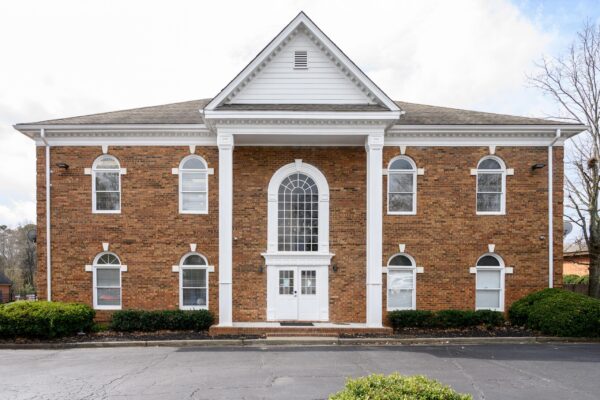
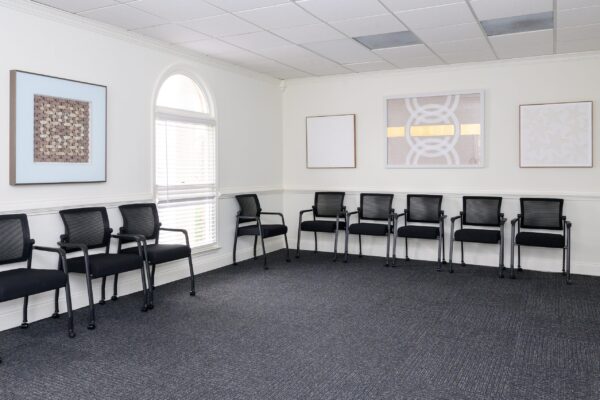
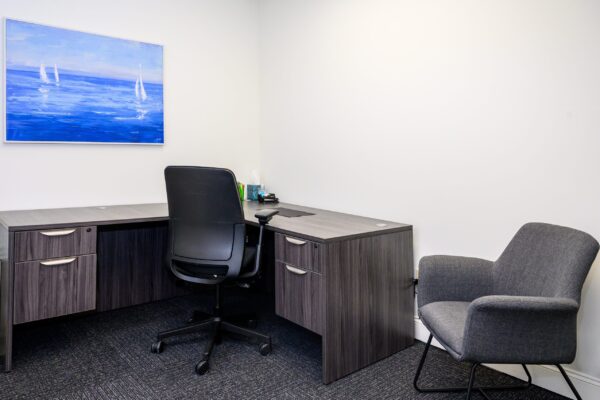
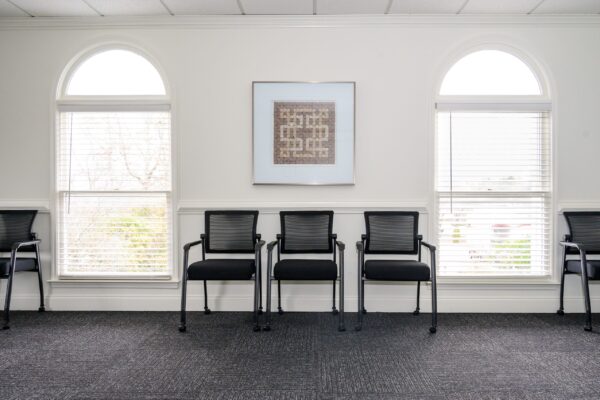
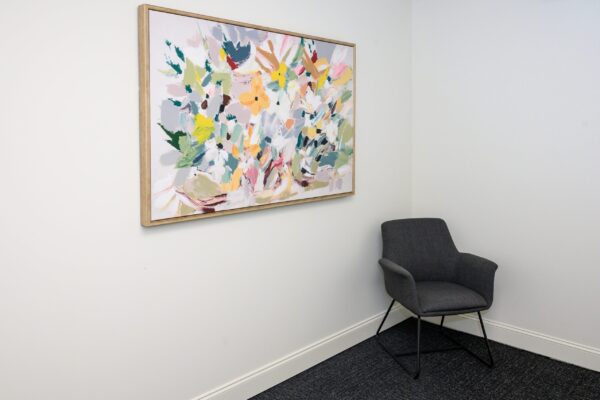
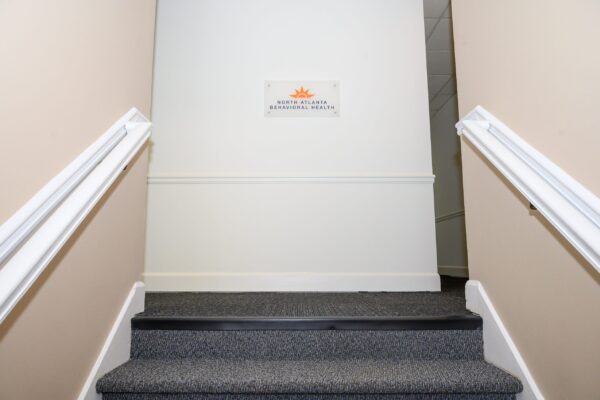
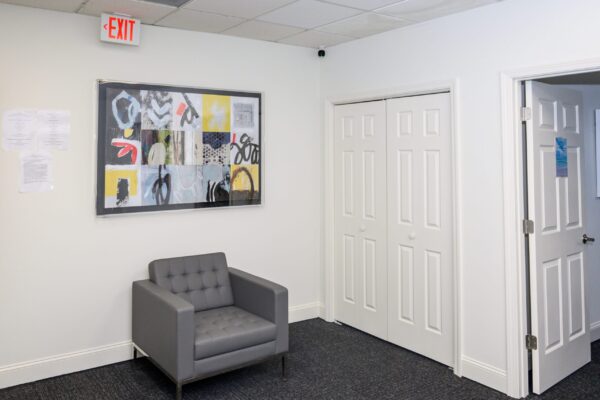
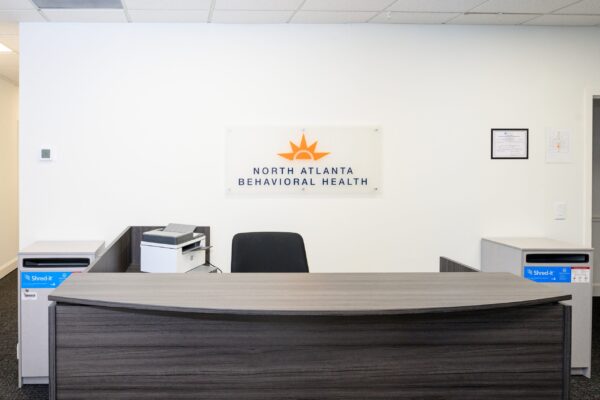
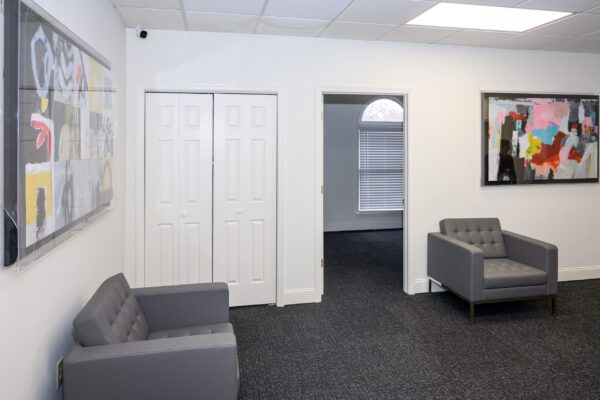
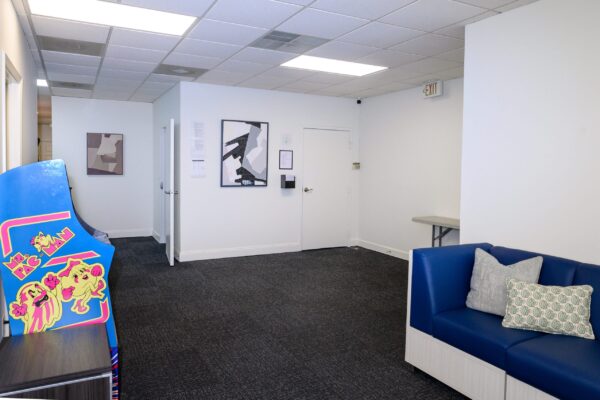
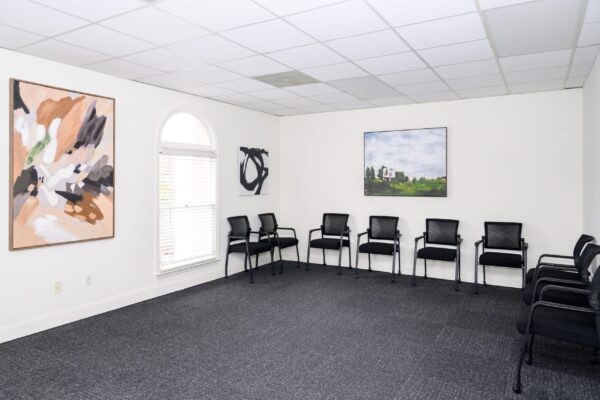
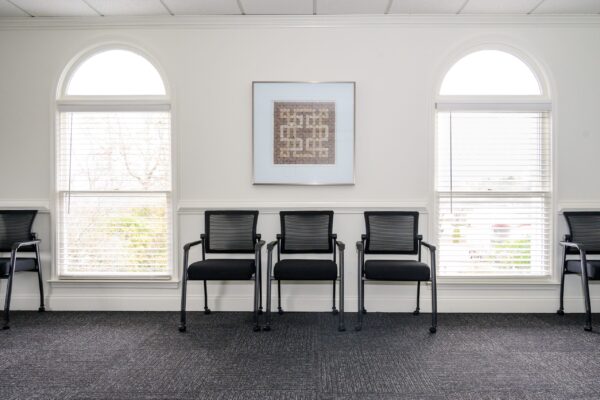
 I have been to my fair share of mental health programs and this one was extremely small, intimate and every staff member I have ever had contact with has been completely professional, compassionate, and caring.
I have been to my fair share of mental health programs and this one was extremely small, intimate and every staff member I have ever had contact with has been completely professional, compassionate, and caring.





